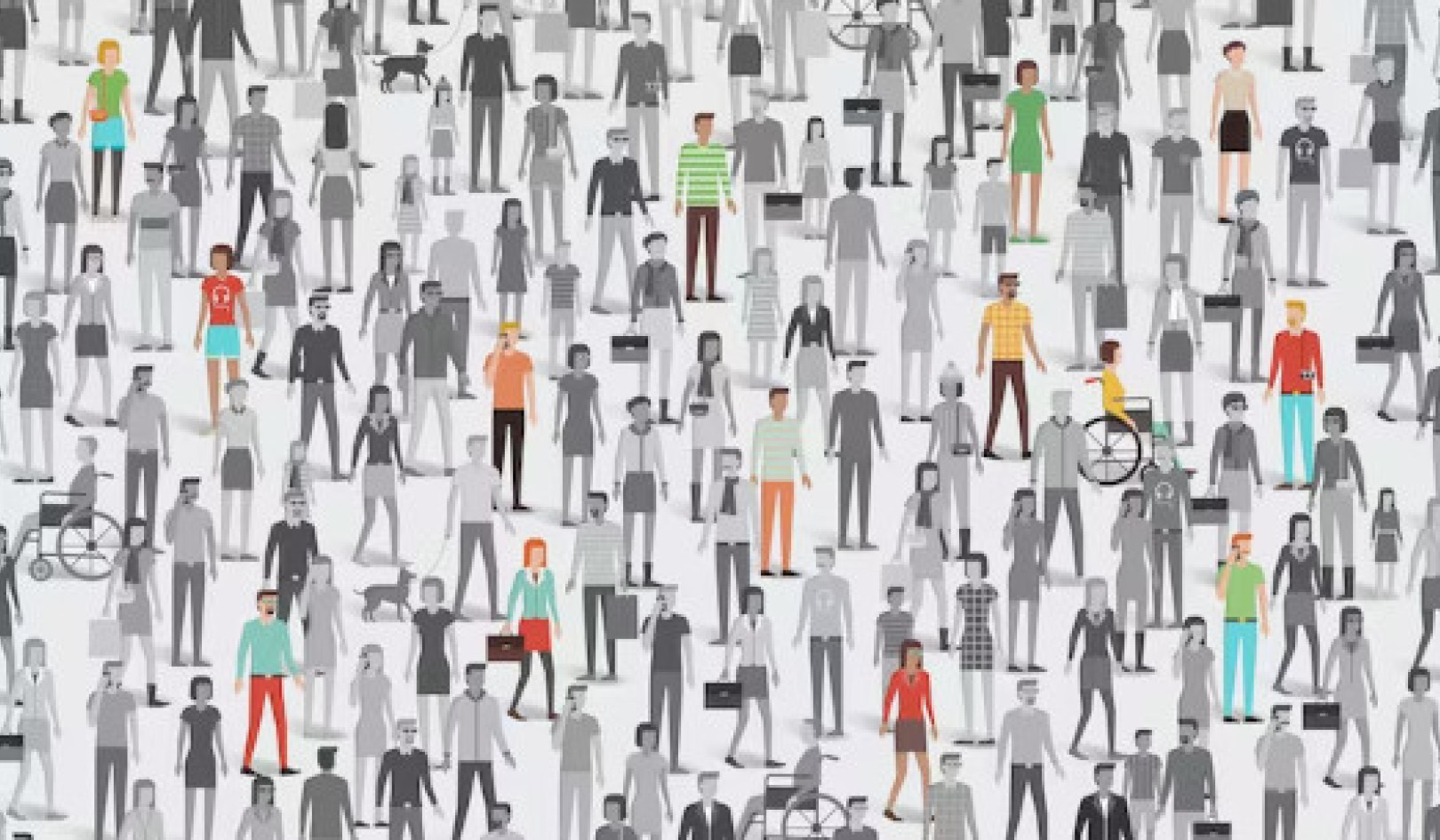
Despite enormous economic growth over the past 200 years, developed and developing countries alike are failing to tackle crime and environmental problems, a major report from the OECD has concluded.
The report offers an insight into how quality of life has really improved over the past 200 years in 25 countries. It shows that while GDP has climbed, the quality of the environment has declined and crime has not abated.
The OECD cautions that murder rates in the US have remained high, while violent crime more generally remains endemic across Latin America and the former Soviet Union.
In Latin America, the average homicide rate per 100,000 people was 20.8 in the 2000s, up from 12.4 in the 1960s. In Western Europe the rate is considerably lower – 1.2 homicides per 100,000 people in the 2000s – a figure has hovered around the same level since the 1930s.
Meanwhile, CO2 emissions rose dramatically during the industrial revolution, and have continued on the same path ever since.
The results are sure to fuel debate about how governments across the world measure the well-being of their people. But despite disappointing trends in several areas, the report does show that education and health have improved alongside GDP growth.
In the 19th century, only around 20% of the world was literate – that has climbed to 80% in the 2000s. And life expectancy has seen a similarly huge improvement: in the 120 years between 1880 and 2000, average life expectancy across the world increased from 30 to 70 years.
Fresh Thinking
Over the past decade, organisations like the EU, the OECD and the UN have encouraged a broader examination of how to measure the quality of life. Typically, this has meant calling on governments to think beyond GDP – or economic growth – as a way to assess improvements in people’s lives. Health, education, crime and the distribution of resources are other valuable measures, the argument goes.
This latest OECD report – part of the organisation’s Better Life Initiative – gives us food for thought in this respect. It shows that we have indeed grown richer over the past 200 years and some of the factors we value most – such as education and health – do seem to be correlated with that growth. But others, including our safety and the environment, do not.
Income inequality appears to have a particularly contradictory relationship with GDP. As Thomas Piketty suggests, income inequality declined dramatically in many Western countries and in eastern Europe throughout most of the 20th century. But the OECD report shows that it has been on the rise again since the 1980s in both rich and poor countries.
The underlying message from this report is clear. By turning away from a purely economic assessment of our well-being and taking a more holistic look at the quality of life in human societies, we see a very different picture. Societies are richer, healthier and better educated than ever before but many remain hugely unequal, environmentally damaging and, in some instances, highly violent. Economic growth alone has not solved all our problems: and in some instances, those problems are only getting worse.
This article was originally published on The Conversation
Read the original article.
About the Author
 Daniel Sage is currently a final year doctoral researcher at the University of Stirling, researching the relationship between unemployment and well-being. He has an MSc in Applied Social Research (Stirling), MSc in Social Policy and BA in History.
Daniel Sage is currently a final year doctoral researcher at the University of Stirling, researching the relationship between unemployment and well-being. He has an MSc in Applied Social Research (Stirling), MSc in Social Policy and BA in History.
Disclosure Statement: Daniel Sage receives funding from the ESRC.
Recommended Book:
Money, Sex, War, Karma: Notes for a Buddhist Revolution
by David R. Loy.
 David Loy has become one of the most powerful advocates of the Buddhist worldview, explaining like no one else its ability to transform the sociopolitical landscape of the modern world. In Money, Sex, War, Karma, he offers sharp and even shockingly clear presentations of oft-misunderstood Buddhist staples - the working of karma, the nature of self, the causes of trouble on both the individual and societal levels-and the real reasons behind our collective sense of "never enough," whether it's time, money, sex, security... even war. David's "Buddhist Revolution" is nothing less than a radical change in the ways we can approach our lives, our planet, the collective delusions that pervade our language, culture, and even our spirituality.
David Loy has become one of the most powerful advocates of the Buddhist worldview, explaining like no one else its ability to transform the sociopolitical landscape of the modern world. In Money, Sex, War, Karma, he offers sharp and even shockingly clear presentations of oft-misunderstood Buddhist staples - the working of karma, the nature of self, the causes of trouble on both the individual and societal levels-and the real reasons behind our collective sense of "never enough," whether it's time, money, sex, security... even war. David's "Buddhist Revolution" is nothing less than a radical change in the ways we can approach our lives, our planet, the collective delusions that pervade our language, culture, and even our spirituality.
Click here for more info and/or to order this book on Amazon.























